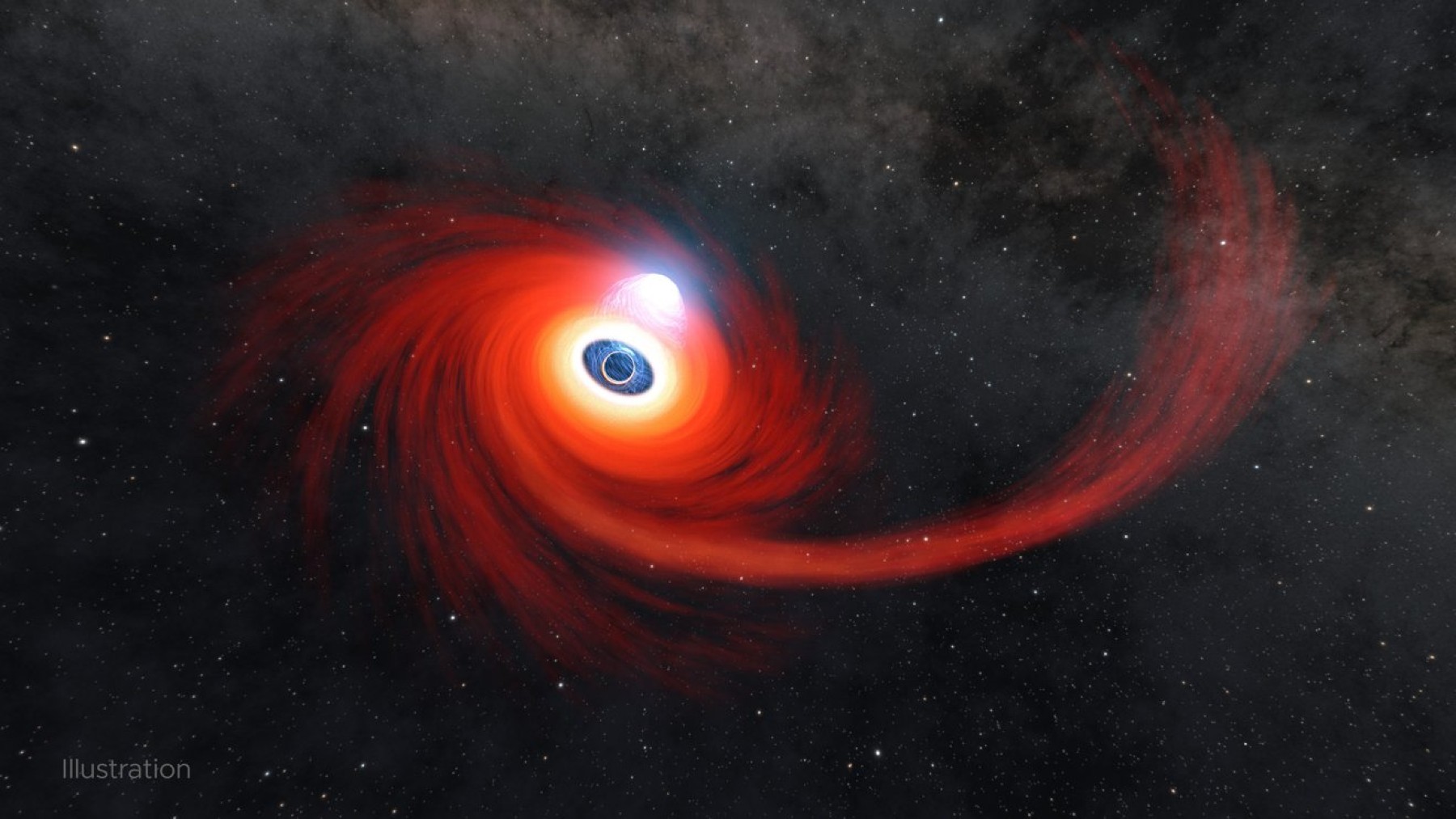Stephen Hawking was right all along. As the universe is currently in constant expansion, moving beyond what humans can see, an end supposed to be something hard to predict. But what happens when this ends? Will it shrink again? A black hole will eventually “eat” everything? Will the explosion of our Sun cause mass destruction? These are some questions that scientists and astronomers have been wondering for decades, but the answer was revealed using an old theory from Hawking, one of the most impactful physicists of our time.
What the end of the universe looks like: it’s cold and dark
Between one of the reasons the universe could end, a black hole consuming everything, is among the considered theories about – but not in the way sci-fi lovers think. The universe is filled with these cosmic devourers that consume everything in its way, from stars to planets, comets, and even the light itself cannot escape. Consuming the universe would take billions of years – if the expansion suddenly stopped.
The end of the universe would cause not only all matter to fade, but it would also end the concept of time. If a black hole is the last thing standing in the vast cosmos – and scientists do not know what happens inside of it – then there would be no time like we know it. On the other hand, there are so many galaxies that NASA cannot even count, just giving a theory about the real number. So would everything be consumed? Well, Stephen Hawking did not think so.
Stephen Hawking was right: this is how everything ends
For a long time, scientists thought the universe could last almost forever—something like a 1 with 1,100 zeros after it. But a new study out of Radboud University in the Netherlands suggests the clock might run out much sooner. The team, made up of physicist Michael Wondrak and mathematician Walter van Suijlekom, reworked an idea first proposed by Stephen Hawking. Hawking believed that black holes don’t just grow endlessly, as Einstein’s theory once suggested, but that they slowly leak energy until they fade away.
Using that framework, the researchers calculated that the universe might last “only” about 10 to the power of 78 years—a 1 with 78 zeros. Still unimaginable, but far shorter than expected. To test their numbers, the researchers looked at how long the most stubborn stars in the cosmos might take to break down. That gave them what they call an upper limit for how long matter itself can survive.
Earth is safe: humans won’t be around to see this
Earth will not make it anywhere close to that. Hawking once warned that people could use up Earth’s resources in just a few hundred years, turning the planet into a fireball long before the stars fade out. On a larger scale, there’s another mystery. Some scientists now think dark energy—the force stretching the universe apart—might be losing strength. If that’s the case, instead of drifting forever, the universe could eventually fold back in on itself. If that’s true, instead of drifting apart forever, the universe could one day collapse in on itself.
Plan B for possible extinction: space exploration is a reality
Every million years, there’s an extinction event that restarts the Earth, builds a new ecosystem and new species. The Homo sapiens was born under the right conditions after a major extinction event, and has been around for 300,000 years – a small fraction of the 4.5 billion years our planet is around. On the other hand, there might be enough time left for humanity to expand beyond the solar system – and Elon Musk has a plan for that.
To consult the complete theory, you can check the study here: Radboud University, Nijmegen. “The Universe decays faster than thought, but still takes a long time.” ScienceDaily, 12 May 2025.

